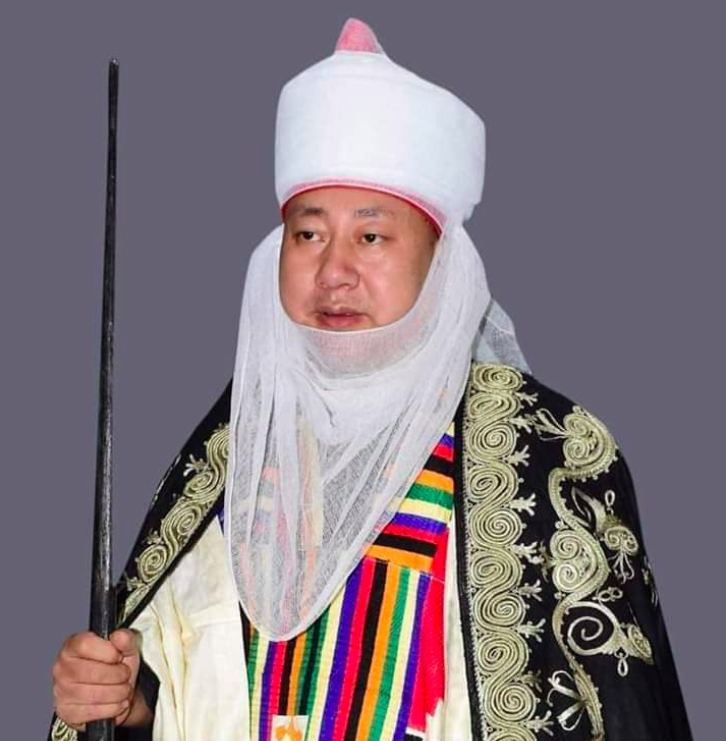
Last week, in Kano, a Chinese man, Mike Zhang, was awarded the chieftaincy title of Wakilin Yan China, which means the leader of Chinese residents in the ancient city.
I first saw the news on the Face2face Africa , which quoted a Premium Times article. Then I shared it on social media. Later, I came across the news on BBC’s daily Africa feed.
The comments I got on the story on social media was, mostly, that of shock. My friends (Nigerians) were appalled that a Chinese man was receiving a traditional title, another sign that China is taking over the country.
Apparently, most people didn’t read beyond the headline. I had to explain, to the ones I could, that the title was designed to strengthen the ties between Chinese businessmen in Kano and the city’s local authorities, as had been clearly enunciated in the story I shared.
A lot of Nigerians tend to distrust Chinese presence, associating it with fakeness and otherworldliness. The Chinese are fake because they produce the fake products that flood the Nigerian market. They are otherworldly because they all eat cockroaches and rats and lizards. When I was preparing to go to China early last year, a friend advised me to stay away from Chinese restaurants.
These ideas are potent because there are some truths in them. Fake products, of course, are imported from China. But, as a Chinese official explained to a group of African journalists, including me, in Guangzhou last year, Nigerian traders play a huge role in these illicit transactions. Yes, there are parts of China, especially in southern China, where frogs and lizards, are eaten, but the idea that that makes them sub-human is outrageous.
Perhaps what is missing in the picture of the Chinese is an acknowledgment of their “capacity for self-sacrifice, a good nose for business, the ability to adapt to their surroundings and a talent for cutting costs,” characteristics outlined by journalists, Heriberto Araújo and Juan Pablo Cardenal in their book ‘China’s Silent Army’. These characteristics make them influential wherever they go in business and in life, and this is why Mike Zhang was recognised in Kano.
Sa’adatu Baba-Ahmad, spokesperson of the Kano Emirate, while explaining the rationale of the title, noted that it was similar to that of Sarkin Inyamurai’, chief of Igbo residents in Kano and ‘Sarkin Yarabawa’, chief of Yoruba residents in Kano and was necessary due to the rapid increase of Chinese businessmen in Kano who did not have proper representation and a trading union. In essence, the title was a move to legitimise and protect Chinese interests, which are also vital to the proper functioning of the local economy.
Today, there are thousands of Chinese people in Nigeria. Some are traders, others are engineers working in construction sites across the country. Although not all Chinese in Nigeria are saints, their overall contribution to the country’s economy is a massive net positive. While President Muhammadu Buhari has described the Chinese state’s support to Nigeria as unprecedented (The Chinese have funded several rail infrastructure projects in Nigeria and also helped built the new Abuja terminal, amid other cooperation efforts), it is also important to recognise the people, especially those in the private sector, who oil the wheels of both countries’ communion. This is why Mr Zhang’s recognition is important, and a step in the right direction.